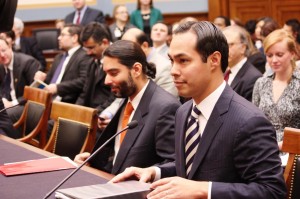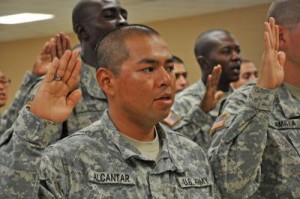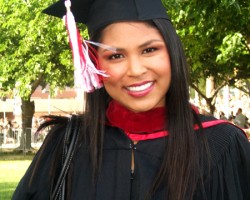Citizenship main topic at first immigration hearing
|
WASHINGTON – A pathway to citizenship was the main topic of discussion Tuesday at a House hearing, the first to take place since proposals for immigration reform were introduced in the new Congress. San Antonio Mayor Julian Castro pushed for citizenship for undocumented immigrants currently in the United States. “I believe that is the best way and it is in our nation’s best interest,” Castro said. “We’re a nation of immigrants. We’ve progressed because we are pragmatic.



